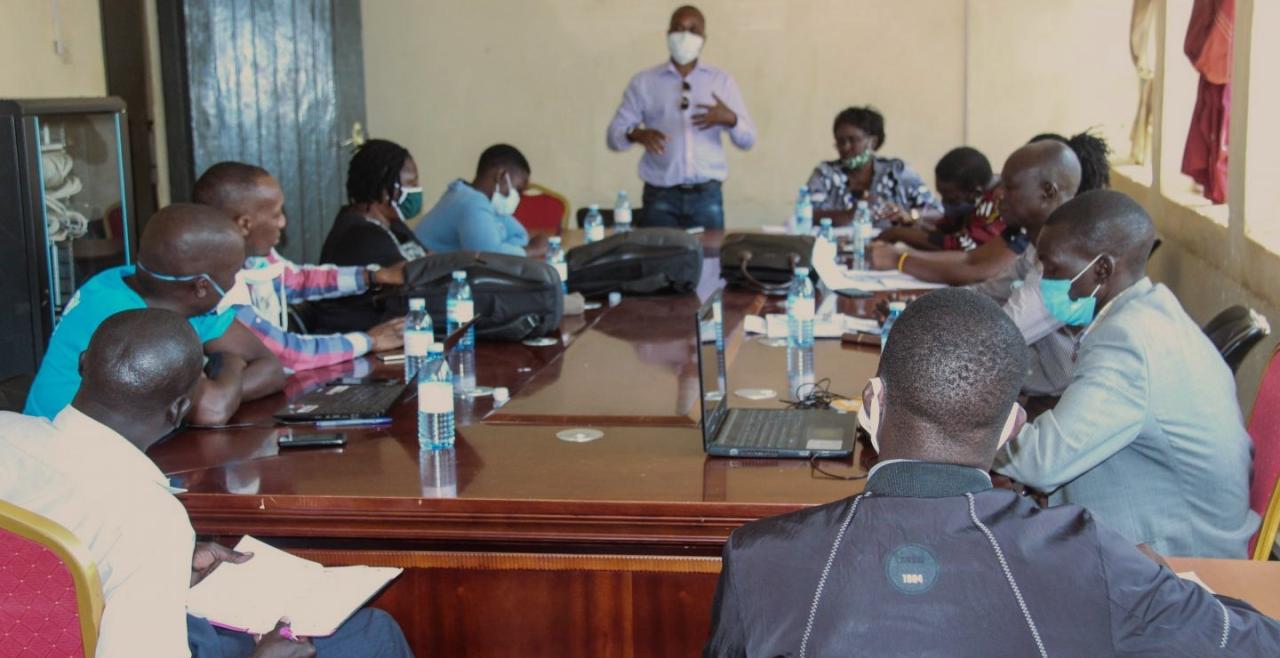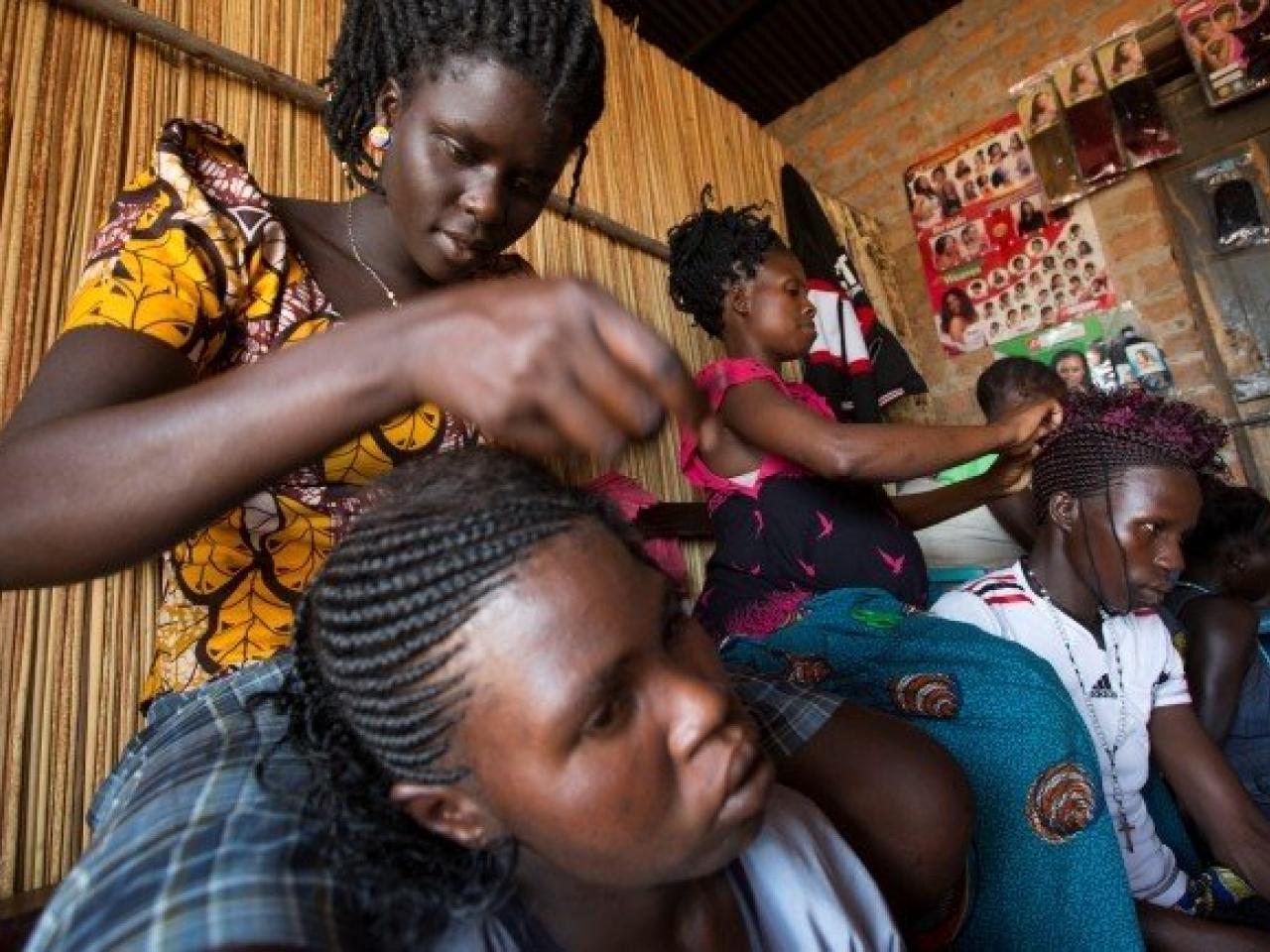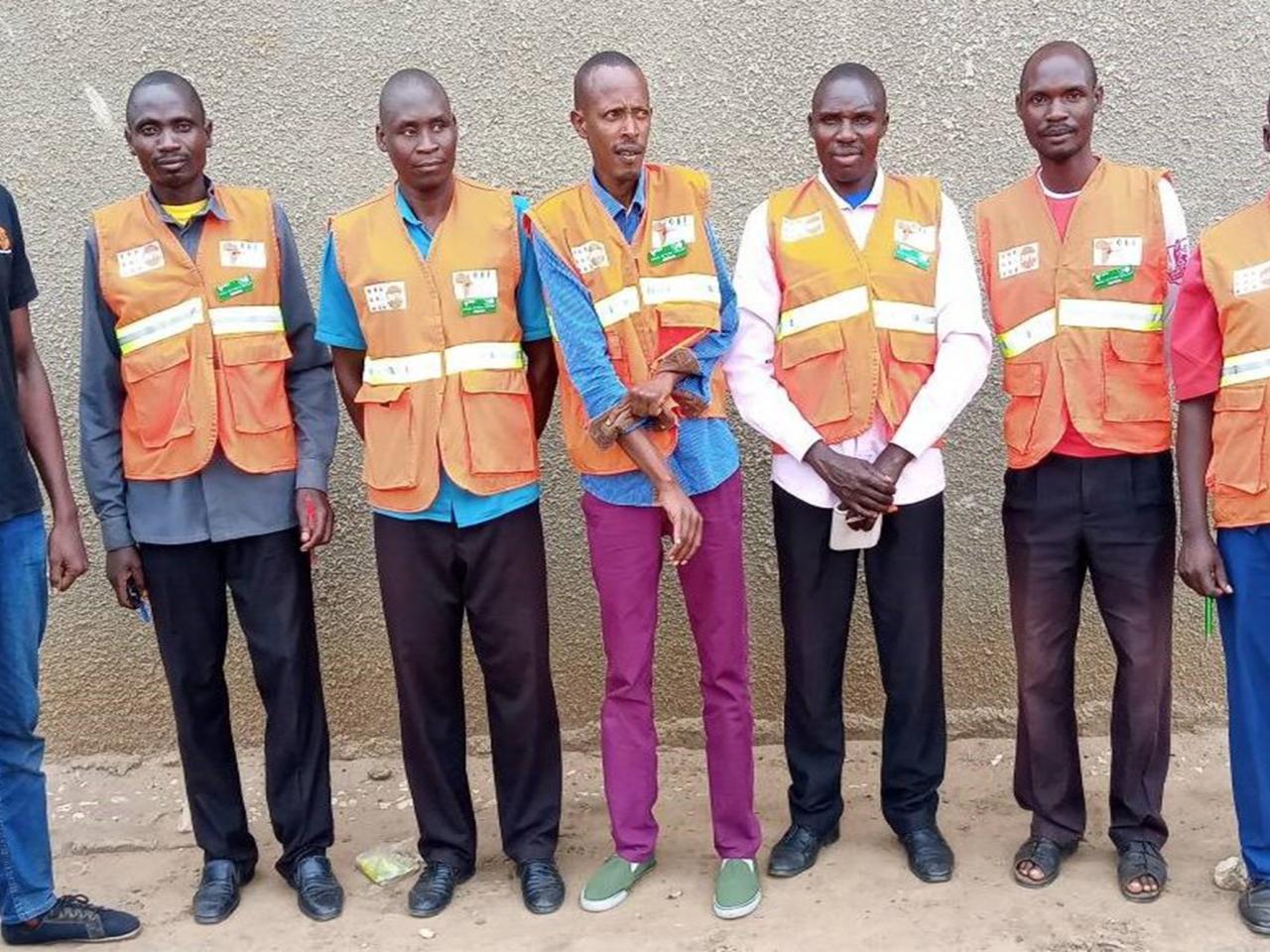In Uganda, district leaders fear schools may not have female students after lockdown

KITGUM, Uganda - District leaders in Kitgum are worried that by the time schools are allowed to resume in the area, more than half of the female students in the district will either be married off or will be pregnant.
According to June statistics that the district Community Development Office presented in a meeting with UNICEF, 1,519 girls under the age of 19 visited a hospital for antenatal care since the Coronavirus pandemic forced schools to shut in March.
Despite the district’s best efforts to curb teenage pregnancies and early marriages, the cultural norms and practices of the Acholi and the effects of the long-fought war with the Lord’s Resistance Army (LRA) have made interventions difficult.
"What we found is worrying. I don’t know if schools will have female students when they resume operations.” - James Okello, District Deputy Community Development Officer
Several forms of violence against women and children (VAWC) are highly prevalent. Parents still undermine girl child education and keep girls at home during school days for domestic labour, chores and babysitting duties while they tend to the gardens. As a result, girls are valued financially for their bride price and can be married off at the earliest possible opportunity.
The Coronavirus pandemic has not helped matters. With students who were previously under the custodianship of schools now back home, James Okello, the district Deputy Community Development Officer says the cases of child marriages and teenage pregnancies have skyrocketed.
“We had to liaise with hospitals and private clinics to collect the data of children under the age of 19 who had come for their first antenatal visit. What we found is worrying. I don’t know if schools will have female students when they resume operations,” he said.
“At Labongo Akwang Primary School, a teacher impregnated and later escaped with a 15-year-old pupil. When the head teacher tried to arrest him, the parents threatened to kill her and burn the school. The head teacher has even abandoned the school,” Okello added.
The fear of retribution from the local community has kept most cases of violence against women and children, teenage pregnancies and early marriages underreported. Police officers fear making arrests, hospitals fear reporting accurate statistics. Against this background, UNICEF is partnering with the district administration to implement the EU-supported Spotlight Initiative for ending violence against women and girls in the district, to tackle such community behaviours.
Okello recalls with anguish a recent case of child pregnancy involving a 13-year-old girl that was suffering from Nodding Syndrome, an unexplained neurologic condition characterized by episodes of repetitive dropping forward of the head, often accompanied by other seizure-like episodes. She became pregant by a 14-year-old school boy and gave birth normally, but later succumbed to the disease that has plagued the district for over 10 years. While the district has organized the necessary psycho-social support for her family, the community’s attempt to cover up the pregnancy made it impossible for the authorities to act faster and potentially save her life.
"A teacher impregnated and later escaped with a 15-year-old pupil. When the head teacher tried to arrest him, the parents threatened to kill her and burn the school." - Mr. Okello
The Spotlight Initiative is geared towards ending all forms of violence against women and children including physical violence, emotional violence, child marriage, female genital mutilation, kidnappings, sexual violence, murder of women and girls, economic violence such as denial of land and inheritance rights, and illegal deprivation of widow and orphan’s assets among other harmful social norms and practices that perpetuate violence in eight districts in Uganda.
With a 60 per cent violence ranking according to the Ugandan Demographic and Health Survey (UDHS) 2016, Kitgum District has the highest rates of physical violence, child neglect, defilement, child abuse and other forms of violence against women and children.
One of the local implementing partners, the National Association of Women’s Organisations in Uganda (NAWOU) is using UNICEF support to organize students and staff in human rights clubs and to train them on using gender principles to counter patriarchal system beliefs and practices that advocate for male dominion and inequitable power relations in communities.
The NAWOU Project Officer in Kitgum, Obedi Morish, said that they have worked with the Uganda Law Society to successfully mediate 10 land ownership cases in which widows had been dispossessed and others denied access to their inheritance by a society that argued that women did not have ownership to land.
“After the LRA war, most of the families in Kitgum were run by matriarchs. It is therefore triggering to say that women who have been raising their children and fending for them are not entitled to ownership of any property. We have challenged this narrative with UNICEF support and the empowerment we have created cannot be reversed,” Morish said.
Just like the district officials, Morish has argued that UNICEF’s work with the Spotlight Initiative has boosted academic performance with the district registering the highest ever first grades in the 2019 Uganda National Examinations Board and one of their own students representing Uganda at the UN General Assembly in New York last year.
Such examples, he says, have given female students hope that they too are worthy of more and if they work harder on their academics, they can attend top universities, get good jobs and have a positive impact on their communities.
By Alex Taremwa, originally published on UNICEF.


